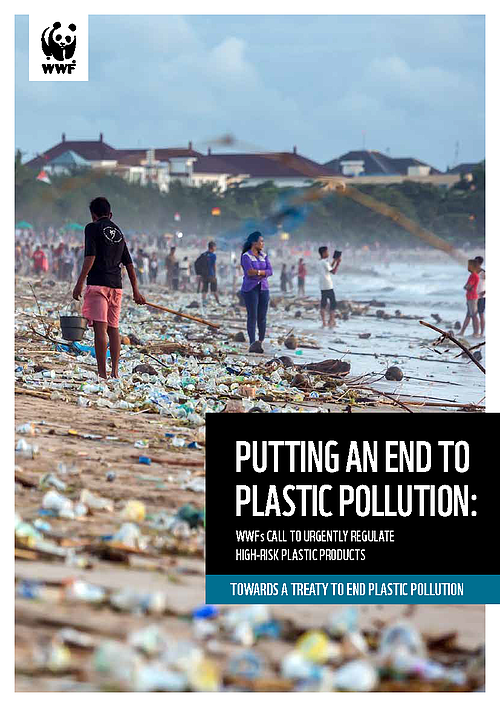WWFs CALL TO URGENTLY REGULATE HIGH-RISK PLASTIC PRODUCTS
In anticipation of the upcoming UN plastic pollution treaty talks, WWF is urging governments to support a global ban on the most high-risk plastic items, such as e-cigarettes, plastic cutlery, and microplastics in cosmetics.
New research commissioned by WWF and conducted by Eunomia has identified the most high-risk plastic products polluting the environment and proposes global control measures to eliminate, reduce, or safely manage and circulate these plastics. WWF is advocating for these measures to be included in the first draft of treaty text, set to be published in the lead-up to the next round of talks in December 2023.
The reports suggest that global bans, phase-outs, and control measures are entirely feasible and present solutions for addressing the most urgent plastic pollution challenges.The analysis splits the products into two groups based on pollution risk: those that can feasibly be significantly reduced or eliminated in the short term, and those that require other global control measures, such as product design requirements, to promote recycling and responsible management and disposal.
By categorizing the products in this way, WWF advocates for effective regulation that can be achieved at the global level, rather than legislating for individual plastic items, which can be both complex and create potential loopholes.
WWF also highlights that specific global control measures on plastic products should also be accompanied by complementary control measures on plastic polymers and additives, along with a robust implementation support mechanism.
Click here to read the read the press release
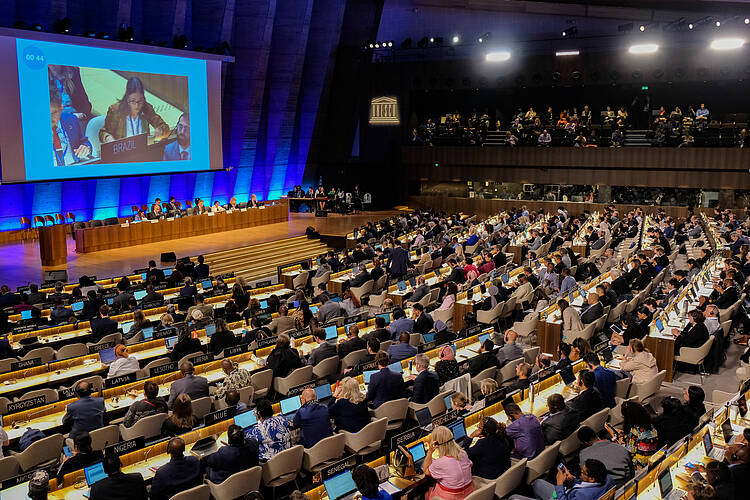
UN Plastic Pollution Treaty ‘one step closer’ to being realised, as negotiators in Paris agree to start developing a draft treaty with global rules to curb plastic pollution
WWF welcomes 'tangible progress' as the vast majority of countries show support for an ambitious and impactful treaty with binding global rules.
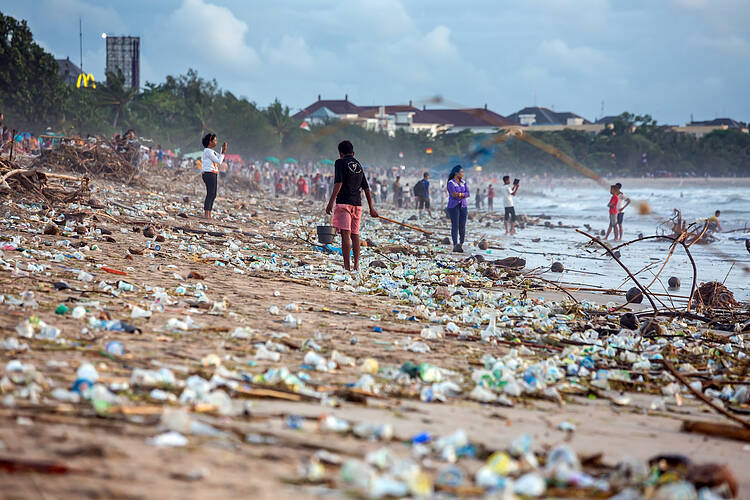
WWF calls for a global ban on ‘harmful and unnecessary’ single-use plastic items ahead of key UN plastic pollution treaty talks
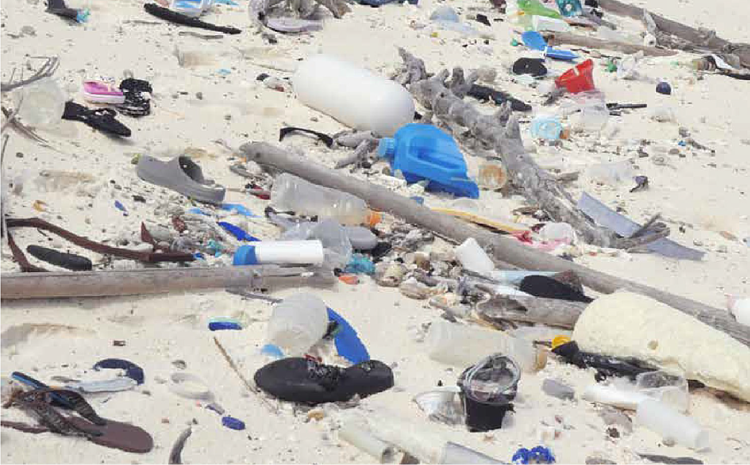
Global survey sees seven out of 10 people supporting global rules to end plastic pollution
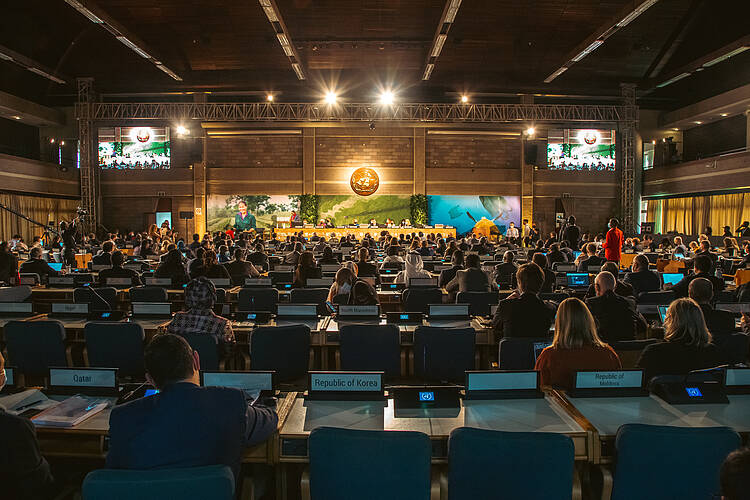
WWF calls on states to join newly-formed plastic coalition and end plastic pollution by 2040
WWF commends the move of 20 states to form The High Ambition Coalition to End Plastic Pollution, which will work to ensure the world's first ever plastic pollution treaty includes global rules and regulations for the production, design and disposal of plastic , rather than a patchwork of national standards.
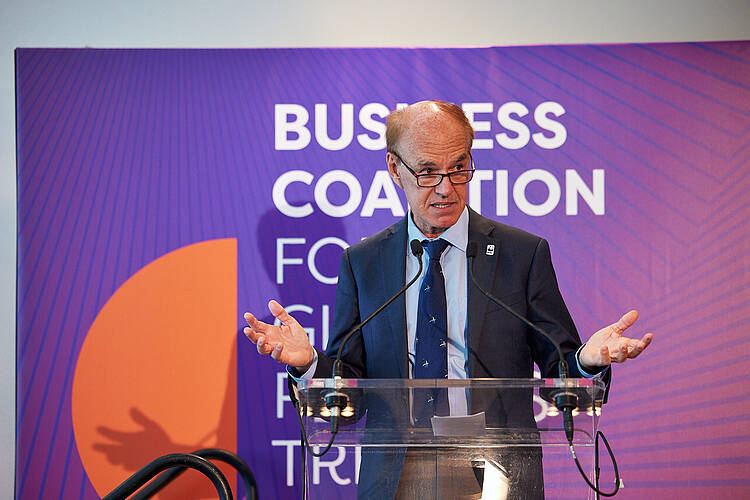
Global Businesses & NGOs Endorse a Common Vision for an Ambitious Global Plastics Treaty
85 organisations including major global businesses, financial institutions and NGOs have announced a common vision for an effective and ambitious Global Treaty to End Plastic Pollution.
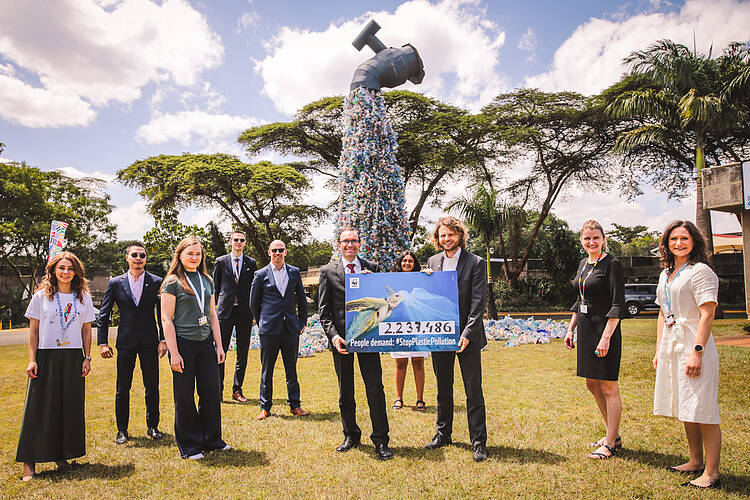
WWF commends UN Environment Assembly's watershed decision to start negotiations for a global plastics treaty
